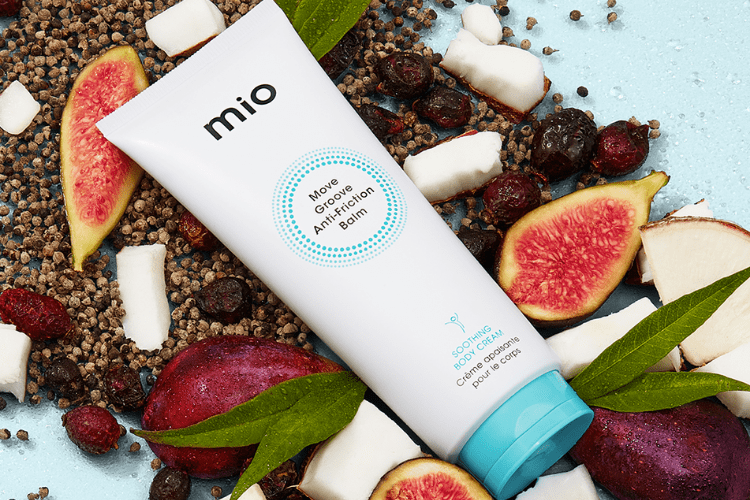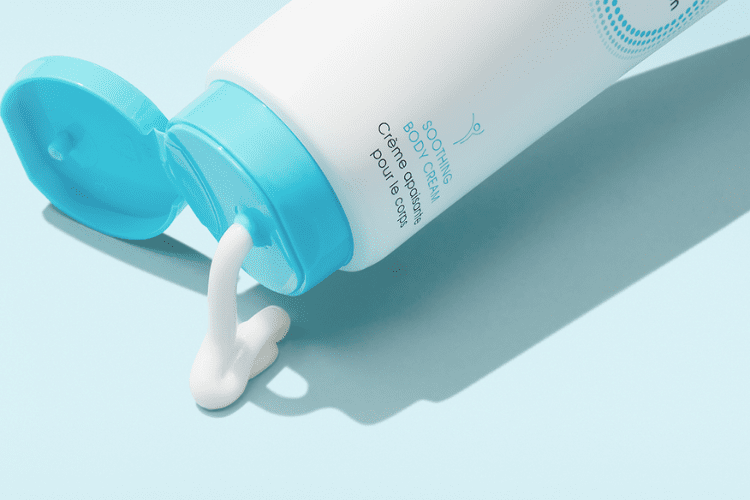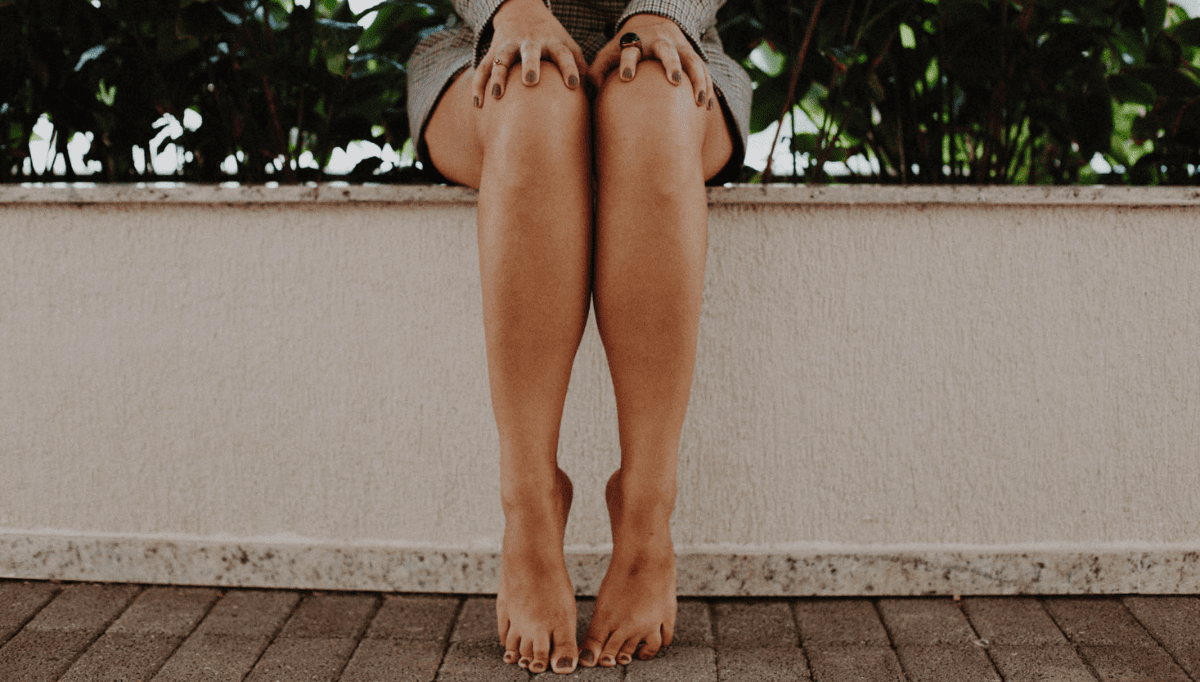Spring is finally here. After a long, dark and dreary Winter the warmer months have finally graced us with their presence. Now that we’re finally making our way out of lockdown (hallelujah) you’ve probably planned numerous activities with friends. From long runs to walks in the park and brunch dates, we are SO ready for a long, hot (pretty please) Summer.
But, if you’re passionate about exercise then you probably experience friction on your skin from time to time. This uncomfortable, painful skin concern often rears it’s ugly head once temperatures rise. So, what is skin friction? Keep scrolling to find out everything you need to know about your skin and friction and how to avoid it so that you can ditch your jeans and replace it with that Summer outfit you’ve been saving for your first big event post-lockdown!

What Is Skin Friction?
Friction is a very common skin concern that is caused by a combination of three things; moisture, friction and fabric that can trigger irritation on the skin. It usually occurs on the thighs and bum, but it can also happen on the groin, feet (blisters), nipples and armpits.
This prolonged rubbing on the skin can cause irritation; causing rashes, broken skin and the affected area can become painful, sting or burn. Ouch!
What Causes Friction?
Remember, our skin is our largest organ so its important that we take care of it properly. Yes, it is strong and flexible, but it can reach its limit and begin to breakdown if it is worked too hard. To help prevent friction on your skin, it is vital for it to be clean, dry and have the perfect amount of moisture to help prevent uncomfortable rubbing.
Common causes of friction on the skin include:
- Sports, including running and biking. These activities together combine exercise (motion) and sweat on the body and this can trigger running and biking friction to develop as a result of clothing that rubs on the skin.
- Breastfeeding; it is common for mothers to develop sore, chaffed nipples when breastfeeding. Friction on the nipples is also common in runners and athletes who wear tight clothing during exercise.
- Wearing a skirt during hot, humid weather. A lot of people complain of inner-thigh rubbing when wearing a skirt.
- Clothes that don’t fit properly. For example, if your bra strap, waistband and sleeves are too tight.
How To Stop Friction On Your Skin
The easiest thing to do would be to stop all forms of exercise that can trigger friction on your skin. However, being movers and shakers ourselves, we know that exercise is very important to maintain your feel-good vibes and help raise those mood-boosting endorphins.
If you notice that your skin starts to rub when exercising, if you’re able to, change into some more comfortable clothes to stop the irritation. When you return home, gently cleanse the affected area with water, pat skin dry and apply a healing cream or body cream (aloe vera gel works well). If you want to help prevent rubbing on your skin completely, try an anti- friction balm to help protect your skin before you venture off on your activities.

Meet NEW Move Groove Anti-Friction Balm
Expertly formulated for those suffering with skin discomfort caused by rubbing, our anti-friction balm helps protect the skin and leaves it feeling healthier, stronger and super soft.
Powered by high-performance, plant-based actives including our iconic Feel-Good Complex, Niacinamide, Tapioca and Coconut Oil to give you an instant sensation of wellbeing, whilst keeping the skin feeling hydrated.
Apply to your inner thighs, under arms, groin and any other places where skin is prone to rubbing and friction. Re-apply as required and when you feel like you need an extra dose of skin-loving protection!

